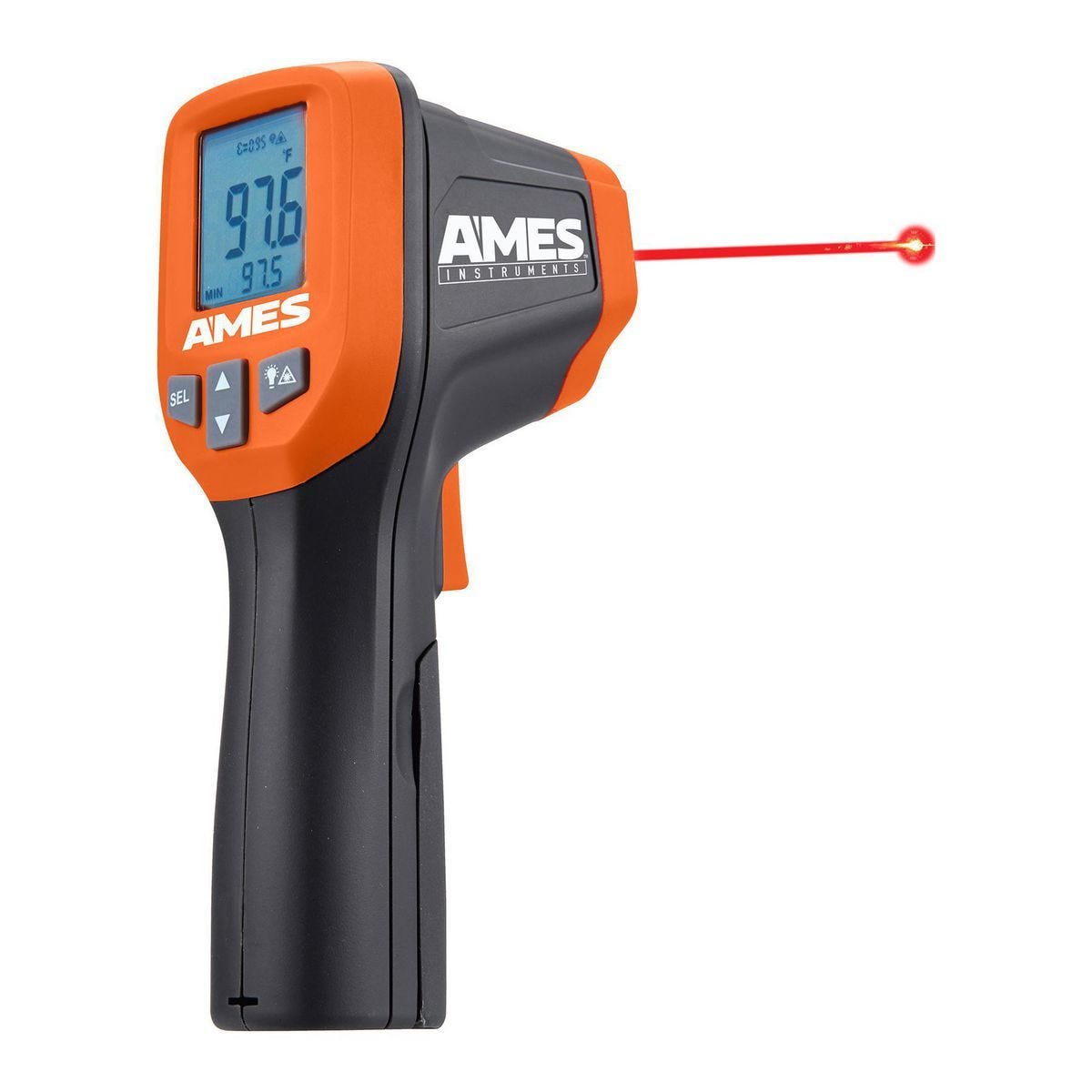- Joined
- Feb 11, 2021
- Messages
- 2,947
- City
- Seattle, WA
- Vehicle Year
- 1991
- Engine
- 3.0 V6
- Transmission
- Automatic
- My credo
- Keep your mind like an umbrella, it only works if its open... Continually learning.
Quick story, I bought the truck with a new water pump installed already. Vehicle got hot on me (very end of the normal range) in traffic, as soon as traffic started moving temp gage went down below 1/2 gage. I checked the fan clutch which was bad, it would spin freely easily when hot or cold. Well, I could not break the fan clutch loose, even tried heat. So rather than friggen messing with it all weekend, I cut off the fan clutch and installed a new water pump. I made sure to coat the long studs with gasket sealer good as possible leak spots. The system doesn't leak and bled just fine. Also, replace both rad hoses and both heater hoses.
I've been searching on here and read that its possible with the 3.0 when it gets hot that the head gaskets collapse. Is this really a thing? I mean heads are torqued down to (swag) 110 ft. lbs. or something, how can it collapse. Maybe its the wrong word.
Anyway, So yesterday I'm doing my normal running between job sites, and pull into a parking spot, temp was high a little higher than 3/4 gage (not hot by my opinion) and still in the normal range. I heard water boiling in overflow reservoir. I heard the fan clutch driving, highway speeds gage was below 1/2, street driving is where the temp rose.
Is it possible that the one of the head gaskets blew? There's no water in the oil (thankfully) and idling for 20 minutes it doesn't go past 1/2 gage. I'm stumped.
I've been searching on here and read that its possible with the 3.0 when it gets hot that the head gaskets collapse. Is this really a thing? I mean heads are torqued down to (swag) 110 ft. lbs. or something, how can it collapse. Maybe its the wrong word.
Anyway, So yesterday I'm doing my normal running between job sites, and pull into a parking spot, temp was high a little higher than 3/4 gage (not hot by my opinion) and still in the normal range. I heard water boiling in overflow reservoir. I heard the fan clutch driving, highway speeds gage was below 1/2, street driving is where the temp rose.
Is it possible that the one of the head gaskets blew? There's no water in the oil (thankfully) and idling for 20 minutes it doesn't go past 1/2 gage. I'm stumped.













